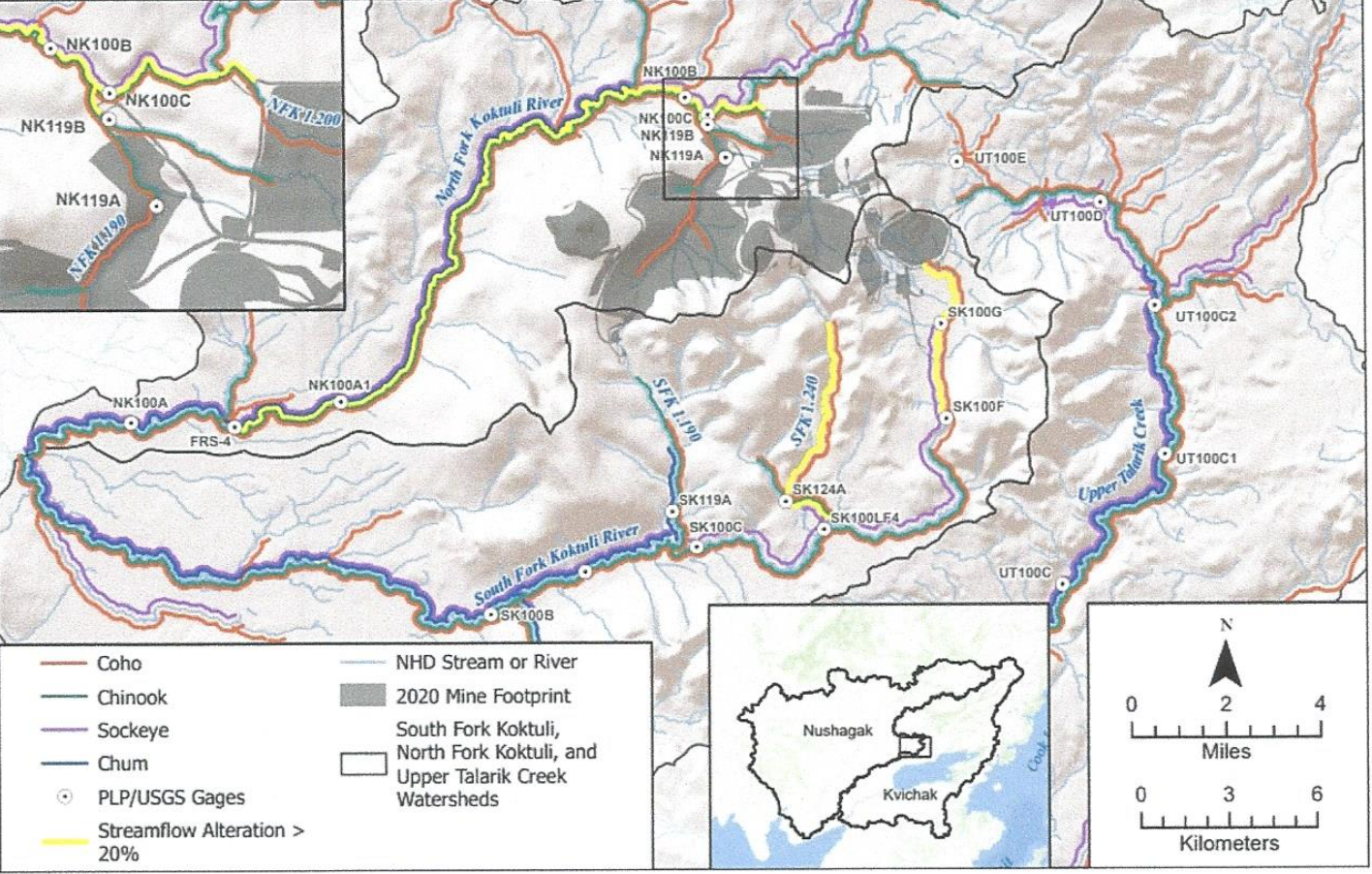Democratic leaders in the House Committee on Transportation and Infrastructure issued a report accusing the Pebble Limited Partnership of lying to Congress and misleading federal regulators about their true long-term plans for open pit mining in Alaska’s Bristol Bay watershed.
“This report exposes in damning detail how Pebble LP tried to use a ‘bait and switch’ sham permitting scheme to sneak an environmentally disastrous pit mine project past Congress, regulators, and the Native Alaskans whose ancestral land and way of life would be devastated by their greed,” the T&I committee chairman Rep. Peter DeFazio, D-Ore., said in announcing the report.
“Pebble LP’s chief executive at the time asserted before our committee that he had ‘no current plans’ to extend the life of the 20-year mine project for which they were seeking approval,” said DeFazio. The report we are releasing today exposes that claim as a shameless lie using Pebble LP’s own internal communications and investor slide decks. As a result, we are forwarding the evidence of Tom Collier’s false statements to Congress to the Attorney General’s office for further review.”
Pebble LP’s CEO John Shively fired back with a response arguing the company’s hopes for mining gold, copper and other minerals were aboveboard.
"We have been forthright and clear in all of our public communications and with regulators that Pebble would need to be permitted in phases,” according to Shively. While the initial mine at Pebble was planned for 20 years, that would not extract the entire resource, and “at some future time, we would likely consider an expansion, but had no formal specific plans for additional mining at Pebble (nor could we given the contingencies associated with the initial phase submitted for permitting).”
The T&I committee report “recommends that Congress prevent such future attempts to undermine the federal permitting process” with new actions:
- “Ensuring the U.S. Army Corps of Engineers (Corps) and other federal agencies have the authority, training, personnel, and resources for consistent and rigorous oversight throughout the permitting and environmental review process.”
- “Reforming the Corps and Environmental Protection Agency’s project review processes to add scrutiny and ensure holistic review of cumulative impacts of projects.
- “The Pebble Mine’s backers tried to trick regulators by pretending to pursue a smaller project with the intention of expanding the scope and environmental effects after the project was approved. The Corps and EPA need tools to spot similar conduct in the future.”
- “Continuing to exercise active Congressional oversight as well as other Congressional authorities, especially where damage to irreplaceable ecosystems and national assets are at issue.”
- Exploring permanent legislative protections for the Bristol Bay watershed beyond the 404(c) Clean Water Act actions currently under review with the EPA.
Despite their regulatory and political setbacks, Pebble Mine backers clearly express their belief the project is viable.
"To begin, we have not had time to fully review the 163 page report,” said Shively. “It was clearly shared with some of the media before it was shared with us. Thus, our comments are initial and we will have more to share with the public.
"We want to be absolutely clear, however, that to the extent the report contains any suggestion that we tried to mislead regulators in any way, it is categorically wrong and misinformed of the realities of the Pebble permitting process."
"We have been up front that the resource and opportunity at Pebble are significant and that any future opportunity would require another comprehensive permitting process."
"We openly shared all of this with the committee and are extremely disappointed with the politicization of the so-called review of the project that is inconsistent with reality. We look forward to laying out the essential context missing from the report."
Ron Thiessen, president and CEO of Northern Dynasty Minerals, said “the T&I committee is playing a risky, short-sighted political game in D.C., with a misguided goal of inhibiting domestic mining. The current adminstration's persistent opposition to mining and mine development in the U.S. is bad for local economic development in Alaska, bad for the energy transition and bad for the vast majority of the U.S. population."







.jpg.small.400x400.jpg)